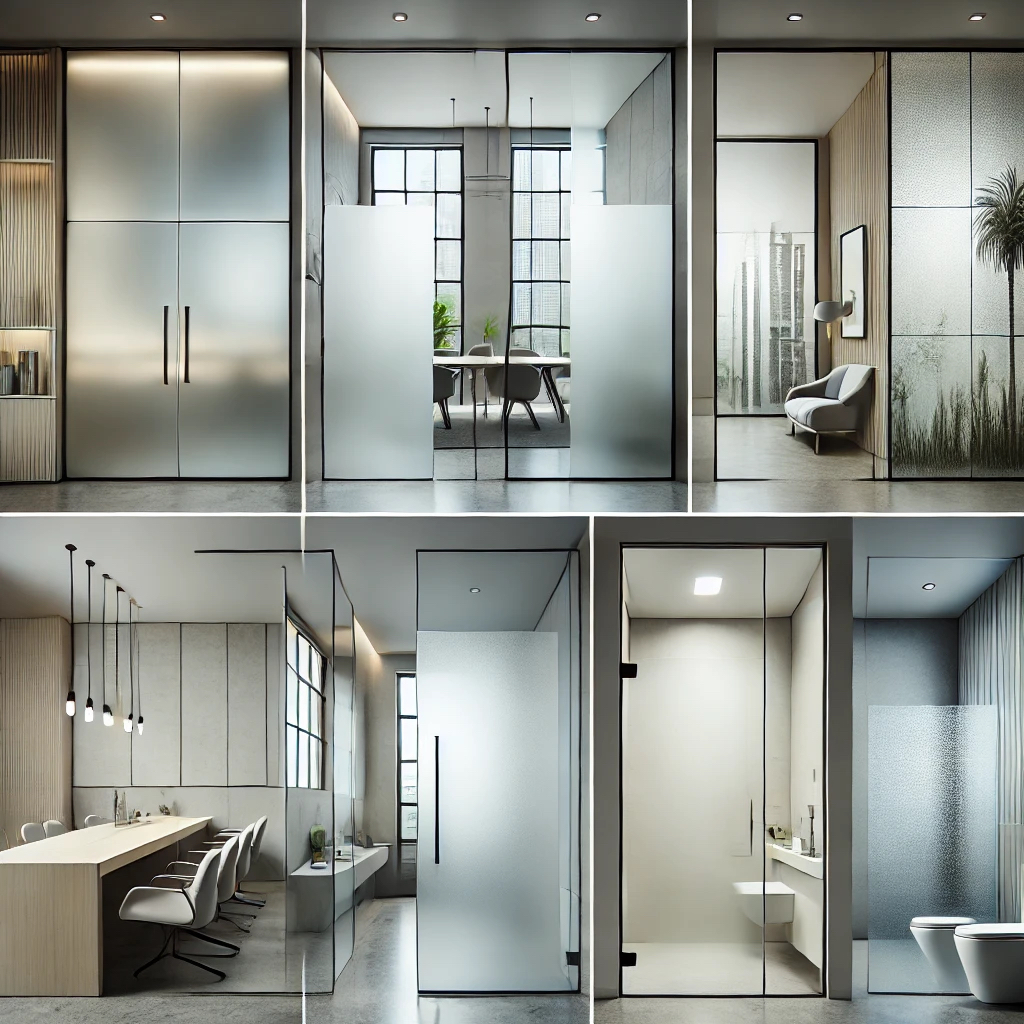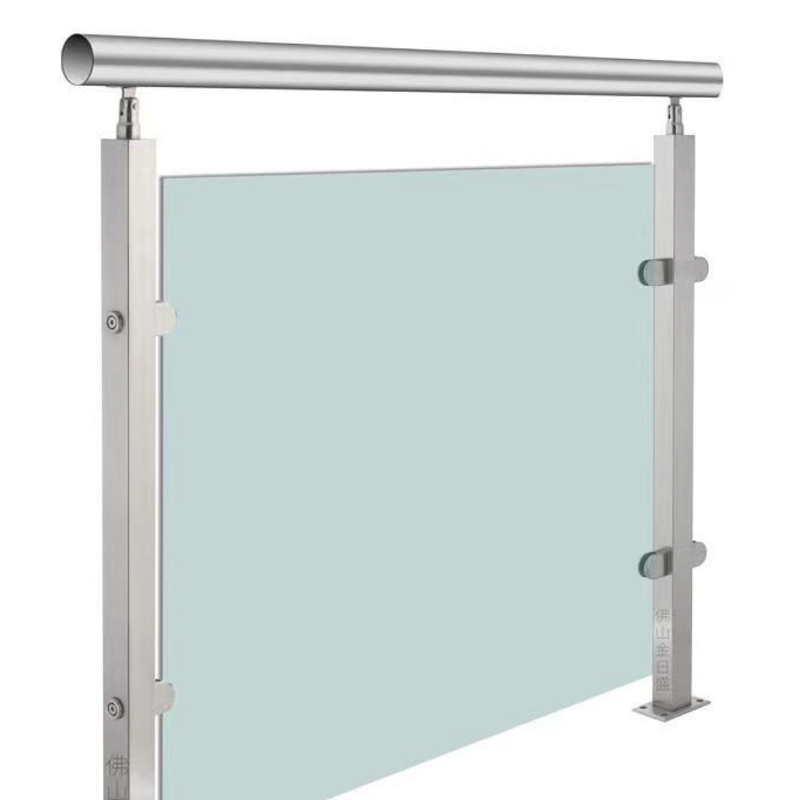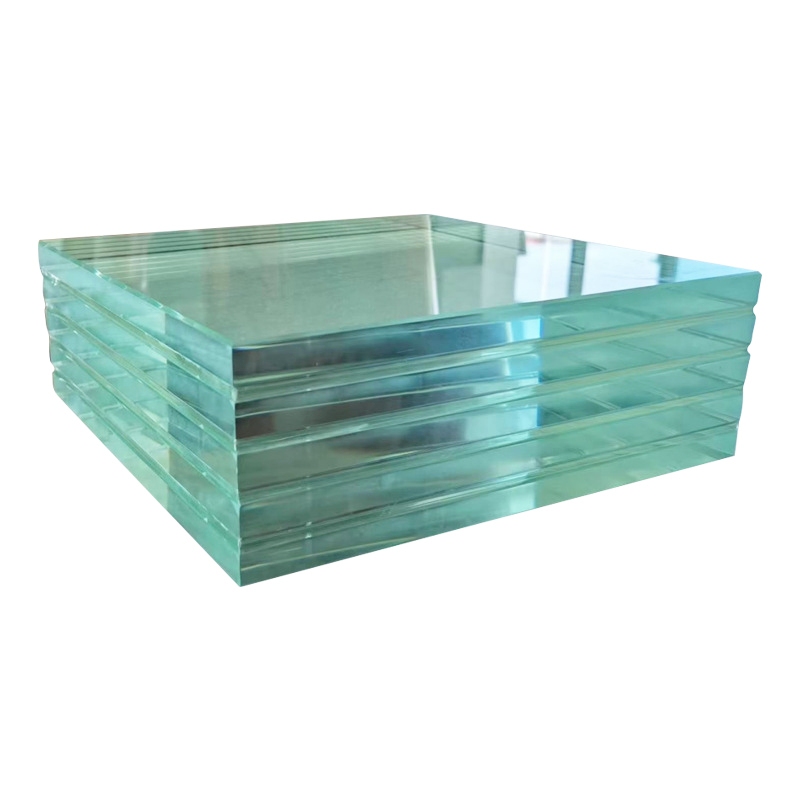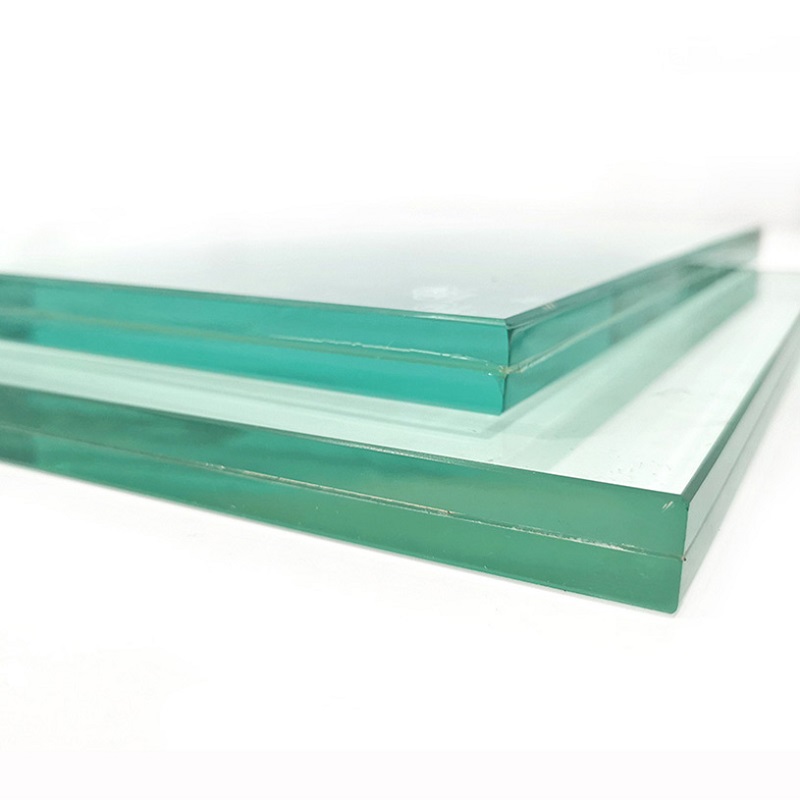Acid-etched glass is created through a chemical process that forms a smooth, frosted texture on glass surfaces, combining a soft visual appeal with functional benefits like privacy and durability.
The Acid-Etching Process
The production of acid-etched glass uses chemical etching, generally with hydrofluoric acid. Key steps include:
Cleaning: The glass surface is thoroughly cleaned to remove any impurities that might affect the evenness of the etching.
Acid Treatment: The glass is etched using a controlled acid solution to achieve the desired frosted texture.
Neutralization: After etching, the glass is rinsed and neutralized to remove all traces of the acid.
Drying: Finally, the glass is dried, resulting in a uniformly frosted surface.

Key Features of Acid-Etched Glass
Aesthetic Appeal: The frosted, smooth surface of acid-etched glass allows light to pass while obscuring visibility, balancing illumination with privacy.
Fingerprint Resistance: Its texture resists fingerprints, making it ideal for surfaces frequently touched, such as shower doors and partitions.
Durability: Acid-etched glass withstands scratches and corrosion, ensuring long-term aesthetic quality.
Design Flexibility: Selective etching enables intricate designs, making it suitable for modern decor and custom applications.
Applications
Architectural Decor: Common in office dividers, windows, and curtain walls, acid-etched glass provides a semi-transparent effect that maintains privacy while creating an open atmosphere.
Home Use: Often used in bathrooms, kitchen cabinets, and mirrors, it combines aesthetics with easy maintenance.
Furniture Design: Acid-etched glass is ideal for tabletops, cabinet doors, and decorative panels in modern furniture due to its durability and soft finish.
Retail Displays: It also enhances store windows and showcases, offering an elegant look that highlights products under soft lighting.

Future Outlook
As design trends evolve, acid-etched glass is anticipated to remain popular in both residential and commercial projects. The combination of aesthetic flexibility and functional advantages makes it a sought-after material in modern architecture, with potential for further innovation in design and application.





